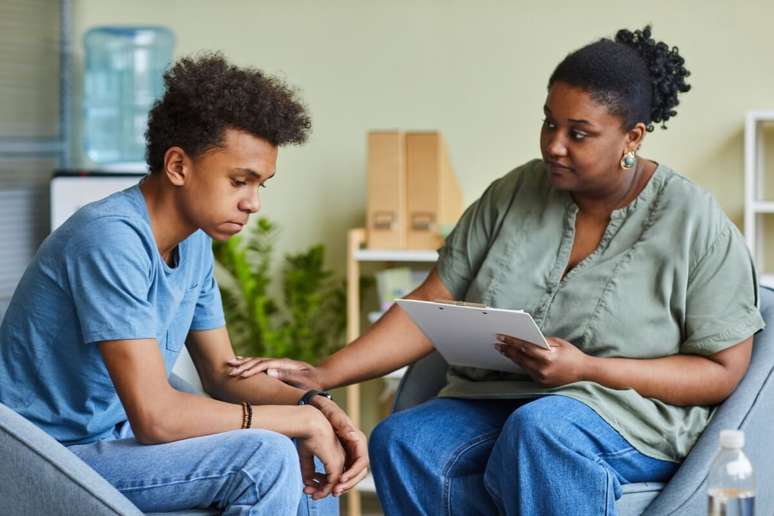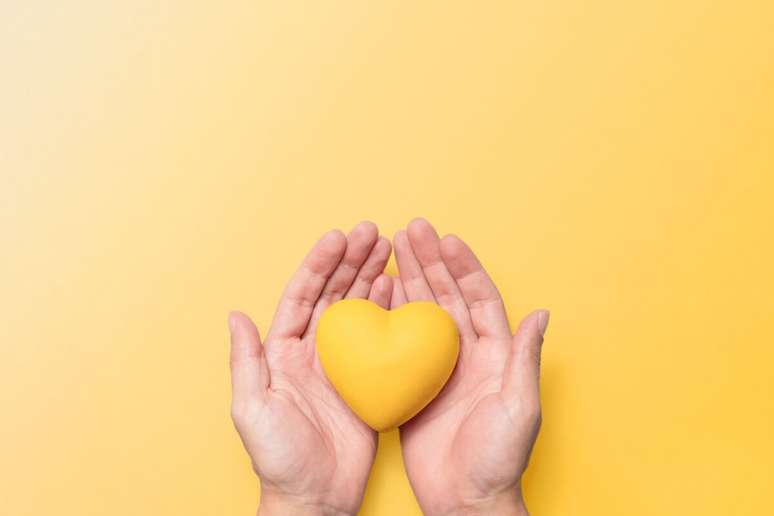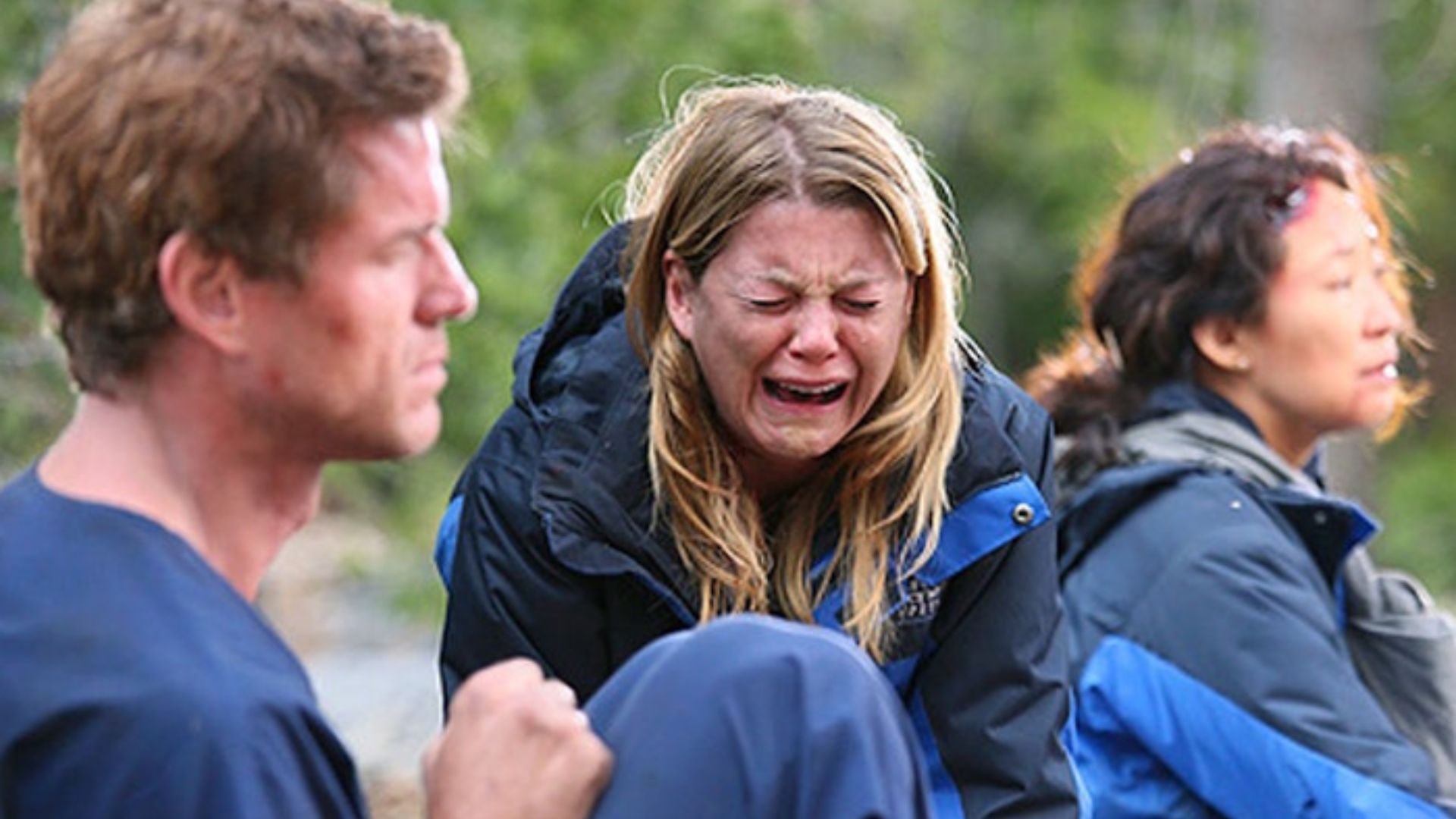Psychiatrist draws attention to signs that young people need help dealing with mental health
September 10 is recognized as World Suicide Prevention Day, an important milestone in the Yellow September campaign, which runs throughout the month with the aim of raising awareness and preventing cases.
Young people require a closer look, as they often face intense social, academic, and emotional pressures during this time of change. Support from family, friends, and educational institutions, along with access to mental health resources, can make a difference in the lives of those dealing with emotional issues they cannot control.
How do you know your kids need help?
According to Danielle H. Admoni, general and child and adolescent psychiatrist, researcher and supervisor at the Psychiatry Residency of the Federal University of São Paulo (UNIFESP/EPM); It is common for parents of adolescents to confuse the symptoms of mental distress with typical changes in the phase.
“Many parents underestimate or fail to pick up on the signs that demonstrate their children are experiencing problems that expose them to the risk of suicide, which can lead to late or inadequate interventions”, says the specialist from the ABP (Brazilian Association of Psychiatry).
According to psychologist Monica Machado, founder of the Clínica Ame.C and graduate in Psychoanalysis and Mental Health from the Teaching and Research Institute of the Albert Einstein Hospital; Adolescence is a phase marked by profound physical, emotional and social transformations.
“Although suicide is associated with a complex interaction of psychological, biological and genetic factors, as well as cultural and socio-environmental ones, there are some aspects that prevail in this decision-making process, and parents must pay attention to them,” the psychologist emphasizes.
Below, experts Monica Machado and Danielle Admoni list the main motivations and signals that parents should pay attention to in their children’s behavior:
Motivations
1. Previous attempts
According to the WHO, those who have already attempted suicide are 5 to 6 times more likely to repeat it. In addition, 50% of those who have committed suicide had already attempted it before.
2. Mental disorders
WHO estimates that 97% of people who committed suicide had some type of mental disorder, often undiagnosed, often untreated or inadequately treated. “Depression, bipolar disorder, personality disorders, schizophrenia and generalized anxiety disorder are the conditions most associated with suicidal behavior,” explains Monica Machado.
A survey conducted by the University of East Anglia on 2,400 young people aged between 14 and 24 years showed that symptoms of social anxiety (two years after the survey) were significantly associated with suicidal thoughts and other depressive symptoms. “Hence the importance of the perception and intervention of parents in the mental health of their children. The lack of dialogue and the misinterpretation of the signs presented corroborate an imminent suicidal behavior,” emphasizes Danielle Admoni.
3. Bullying
According to psychiatrist Danielle H. Admoni, “bullying involves an act of violence, physical or psychological, committed by one or more people intentionally and repeatedly, without a clear reason, causing suffering and anxiety, as well as intimidating the victim. In cyberbullying, anonymity can be an advantage to the person who bullies, since they can attack without the person having the opportunity to defend themselves,” she explains.
According to psychologist Monica Machado, victims of bullying are generally ashamed to talk about what they are suffering. “It is up to parents to identify the constant behaviors of sadness, reluctance to go to school, isolation, constant irritability, apathy, excessive crying, low self-esteem, among others that make the young person unable to lead a normal life.”
Signs
4. Changes in sleep and appetite
Psychologist Monica Machado explains that it is necessary to be aware of both insomnia and hypersomnia, when you experience excessive daytime sleepiness and/or excessive sleep duration; and changes in appetite, whether you eat more or less than usual.
5. Decline in academic performance
This is a clear sign that something is wrong with the young person. “Depression, for example, changes the form and speed of reasoning, as well as concentration,” explains psychologist Monica Machado.
6. Self-harm
According to psychiatrist Danielle Admoni, on average, 70% of young people who self-mutilate end up making at least one suicide attempt. “Self-harm is linked to an inability to manage emotions, making pain a way to express psychological suffering.”
7. Negative and pessimistic comments
Phrases like “life isn’t worth it” or “I don’t see a way out of my problems” should be taken seriously. “The feeling of lack of control over one’s feelings can lead to violence in young people predisposed to this behavior, especially if they are dealing with frustrations,” says psychologist Monica Machado.
8. Pain and changes in the body
Feeling sick frequently, without a specific cause, can be a symptom of depression or another disorder. The individual usually feels pain in the joints and limbs, back pain, gastrointestinal problems, excessive tiredness and alterations in psychomotor activity.

What to do in this situation
According to experts, all these factors, combined with the natural difficulty that young people have in expressing their feelings, make suicide prevention even more challenging.
Therefore, the first step to take is to seek help from mental health professionals. Treatment typically involves therapy and may include medication, depending on the diagnosis. “It is worth remembering that, as important as it is, a support network is not a substitute for medical and therapeutic support,” says psychiatrist Danielle Admoni.
Beyond Science
One of the fundamental precepts is to always be close. “Be accessible to your child at all times, for any need. Often, this very ‘being available’ already promotes feeling of welcome and the security that your child needs so much,” emphasizes psychologist Monica Machado.
“Also, avoid making hasty judgments and understand that stressful life circumstances can be risk factors for suicide in young people,” concludes Danielle Admoni.
If you or someone you know is suffering intensely, contact the Centro de Valorização da Vida (CVV) at 188 or look for a mental health service in the region – in the Public Health System we recommend the Basic Health Unit (UBS) or the Psychosocial Assistance Center (CAPS).
By Flavia Vargas Ghiurghi
Source: Terra
Ben Stock is a lifestyle journalist and author at Gossipify. He writes about topics such as health, wellness, travel, food and home decor. He provides practical advice and inspiration to improve well-being, keeps readers up to date with latest lifestyle news and trends, known for his engaging writing style, in-depth analysis and unique perspectives.









